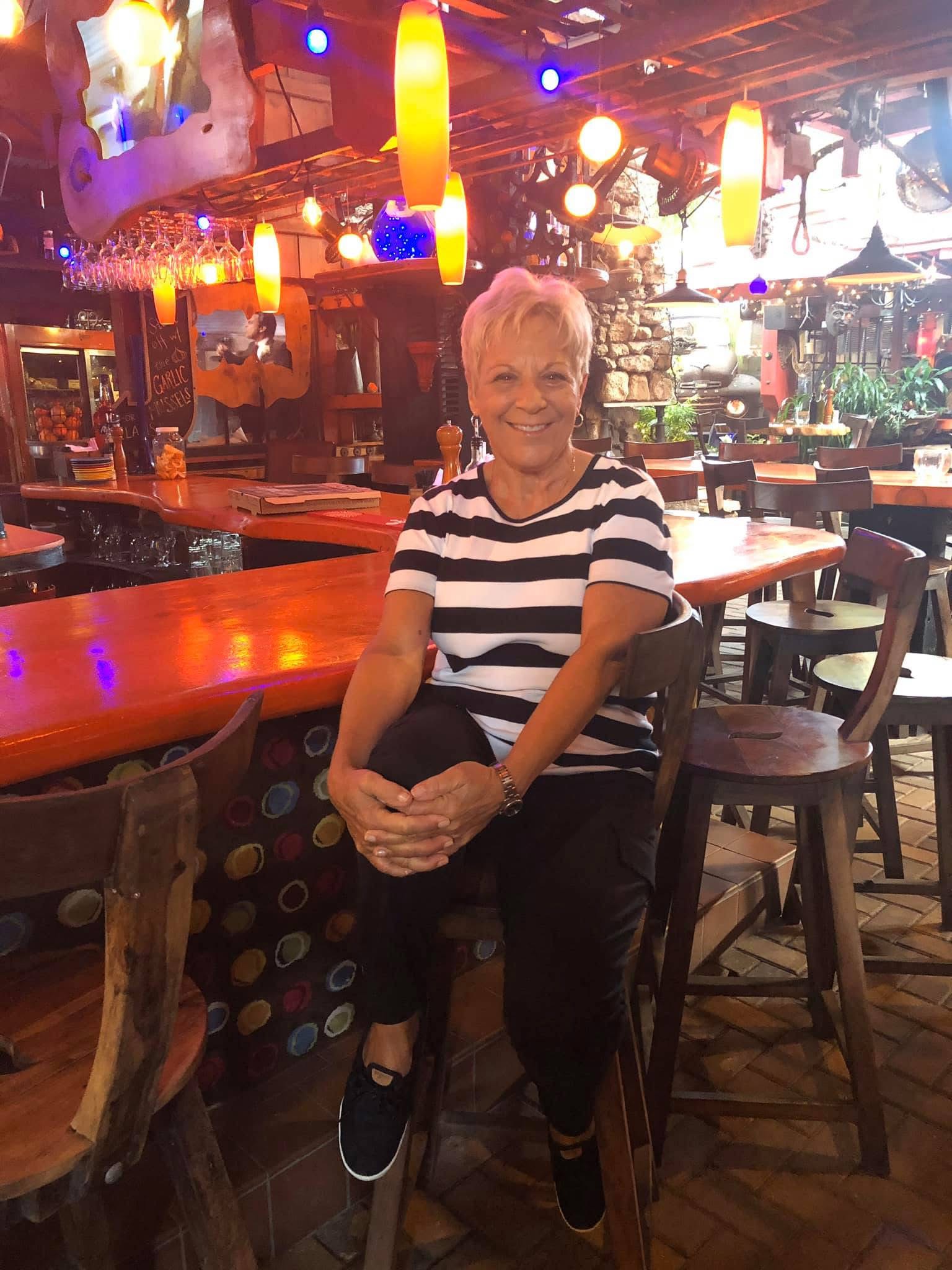The Ultimate Guide: Everything You Need to Know to Set Up a Park Model in Pennsylvania
- Helene Menzella
- Sep 15, 2023
- 2 min read

Pennsylvania's diverse landscapes, including the Pocono Mountains and Amish Country, offer ample opportunities for park model living. However, before you take the leap, it's important to understand the legal requirements involved in setting up a park model in Pennsylvania. In this blog post, we will cover everything you need to know about legally setting up a park model in the Keystone State.
1. What is a Park Model?
A park model is a type of recreational vehicle (RV) designed for temporary living, typically ranging from one to six months. They are larger than traditional RVs, with square footage ranging from 250 to 400 square feet. They are often described as a cross between a mobile home and a travel trailer, offering the comforts of a house with the flexibility of a vehicle.
2. Certification Requirements
In Pennsylvania, park models must comply with specific certification requirements set by the Recreational Vehicle Industry Association (RVIA). The RVIA sets national safety standards that park models must meet to ensure compliance with state regulations.
3. Zoning Laws
Pennsylvania's zoning laws vary across municipalities and counties. Before purchasing or leasing land to set up your park model, ensure it's zoned for park model living.
Pennsylvania permits park models to be placed in certified campgrounds, also known as RV parks. Some counties permit permanent park model living, while others only allow seasonal occupancy, typically from April to October.
4. Permits and Inspections
Park model owners must comply with Pennsylvania's permit requirements when setting up their unit. The specific permits required depend on the location of the park model. For example, if you plan to set up your park model in a certified campground, you may need to obtain a campground permit.
Additionally, before occupying your park model, you must have it inspected by a state-certified inspection agency. The inspection verifies that your park model meets RVIA certification requirements. The inspector provides a written report that details any observed defects or deviations that you must correct before occupying your unit.
5. Utilities and Services
When setting up your park model in Pennsylvania, you must ensure that you have access to utilities and services. In most cases, you must arrange for water, sewer, and electricity hookups through the property owner or utility company.
6. Taxes and Fees
Pennsylvania assesses an annual county and municipal tax on your park model. The tax amount varies depending on the location of your park model and the value of the unit.
In addition to taxes, park model owners may also be subject to fees charged by the campsite or park where their unit is located. These fees may cover amenities such as cable, internet, and trash removal.
Park model owners in Pennsylvania are required to carry liability insurance to cover damages, injuries, or accidents that may occur at their unit. Many RV insurance providers offer park model insurance policies that cover liability, personal property, and other risks specific to park model living.
In summary, legally setting up a park model in Pennsylvania requires compliance with RVIA certification requirements, zoning laws, permit and inspection regulations, and utility and service arrangements. While there are various legal requirements involved, careful planning and research can ensure a stress-free and compliant park model living experience in the beautiful state of Pennsylvania.



